Interested in living a more meaningful life? Eastern philosophy may be able to help you with this, since it’s rich with dynamic, spiritual ideas. Many of these concepts can be applied to your life regardless of which religion your spiritual beliefs align with.
Enlightenment is a well-known Eastern idea. Meditation, another practice embraced by many philosophies, helps you de-stress and maintain good balance. Living with an understanding of the centuries-old concept of “karma” may also enrich your life.
Eastern Concept of Enlightenment
In Eastern philosophies, to become enlightened means to experience an “awakening.” It’s widely held that enlightenment is a state that must be experienced. Although this explanation seems nebulous at best, suffice it to say that enlightenment is a state deeply sought by those applying Eastern philosophies in their lives. One way some of these people seek enlightenment is through meditation.
Meditation: A How-To
Meditation is a state of being that brings forth feelings of peace, tranquility and happiness. When your busy life seems overwhelming, allow yourself even just 10 minutes to sit peacefully. Meditation can be an excellent way banish stress and bring balance back into your life.
Follow these steps to bring the benefits of meditating into your life:
- Find a relaxing, quiet place to practice. Plan to not be disturbed for 10 or 15 minutes.
- Sit comfortably. Although there are many classic poses, feel free to sit in a comfortable chair with your feet flat on the floor.
-
- You can also sit with legs crossed, leaning against a wall. Sitting on the floor while leaning gently against the side of your bed may also be quite comfortable.
- Listen to your breathing. Use the sound and experience of breathing in and breathing out as your focal point. Allow yourself to breathe naturally.
-
- If this is your first time meditating, know that it’s normal to experience some frustration over being unable to “clear” your mind. When these thoughts arise, just bring your attention back to your breath.
- When thoughts float in, simply allow them to float out. Remember that your focus is your breathing. So, shift your thoughts to the gentle “in and out” flow of your breath.
By the end of 10 or 15 minutes, you’ll most likely find that you’re feeling calm, rested and ready to return to your world. Practicing meditation just twice daily (or even once, if you’re very busy!) will improve your mood and help you de-stress.
The Concept of Karma
We’ve all heard someone joke about karma. But what is karma, actually? In Buddhist philosophy, karma is the consequence of everything you do throughout your life. Karma can be good or bad, depending on your intentions and actions toward others.
Consider this example:
- You’re angry with your sister because she borrowed your sweater and ruined it. You get back at her by embarrassing her in front of a new man in her life. You very much intended to shame her and hurt her feelings.
- Those who believe in karma might view your intentions and action toward your sister as causing bad karma that would eventually come back around to you.
In essence, karma operates on the principle that what you send out to others is what you’ll receive back. It may be the next day, the next year or even in your next life, but your karma will be paid back to you.
Making a concerted effort to be positive, helpful and kind toward others seems to be the best way to go, according to the concept of karma. You’ll then be blessed with all that good karma returning to you.
Whether you adopt fully the principles of Eastern philosophies, it does make logical sense to behave toward others as you’d like them to behave toward you. Consider keeping karma in mind in your everyday interactions with people. Your life will be more positive as a consequence.
Discovering your own path to enlightenment is a journey only you can make. If you open your mind to Eastern ideas, you will certainly feel more relaxed and peaceful, and you might just move a little closer to enlightenment.

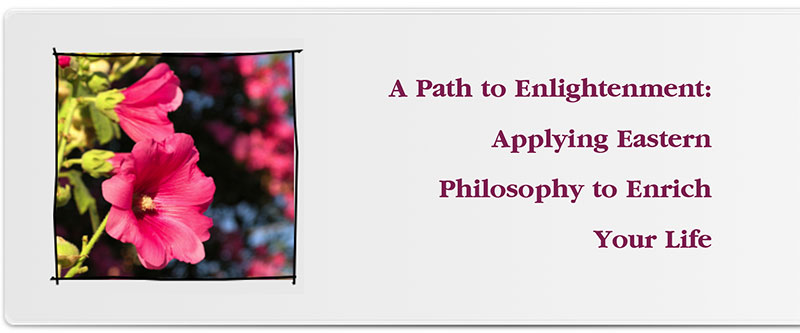
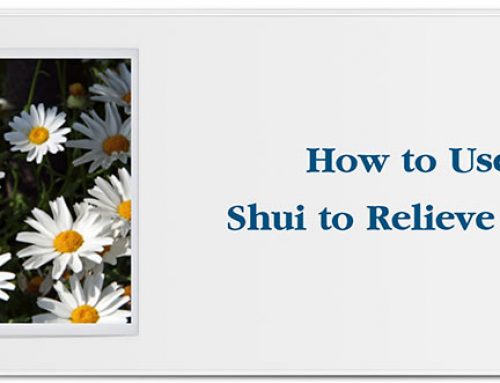

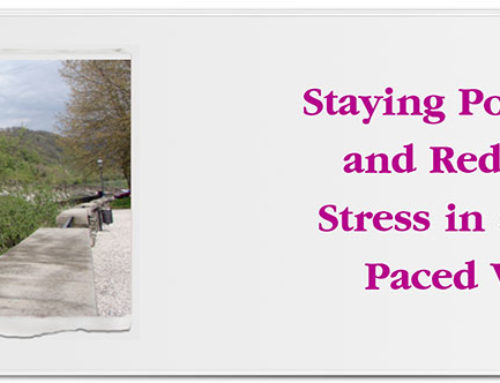
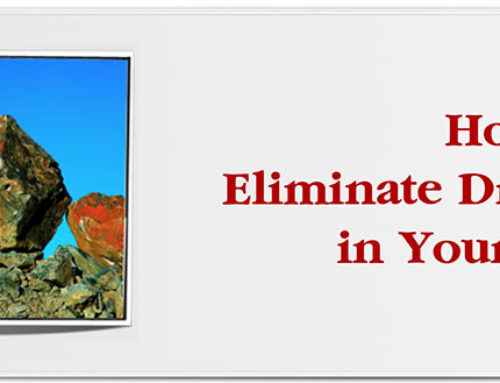
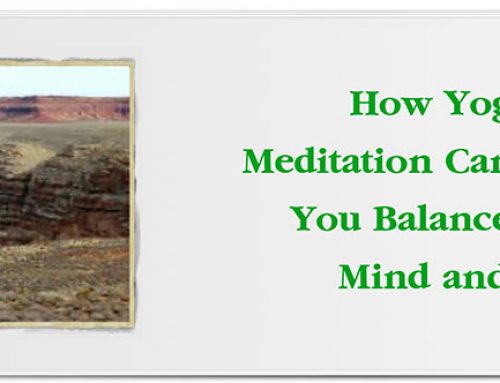
Leave A Comment